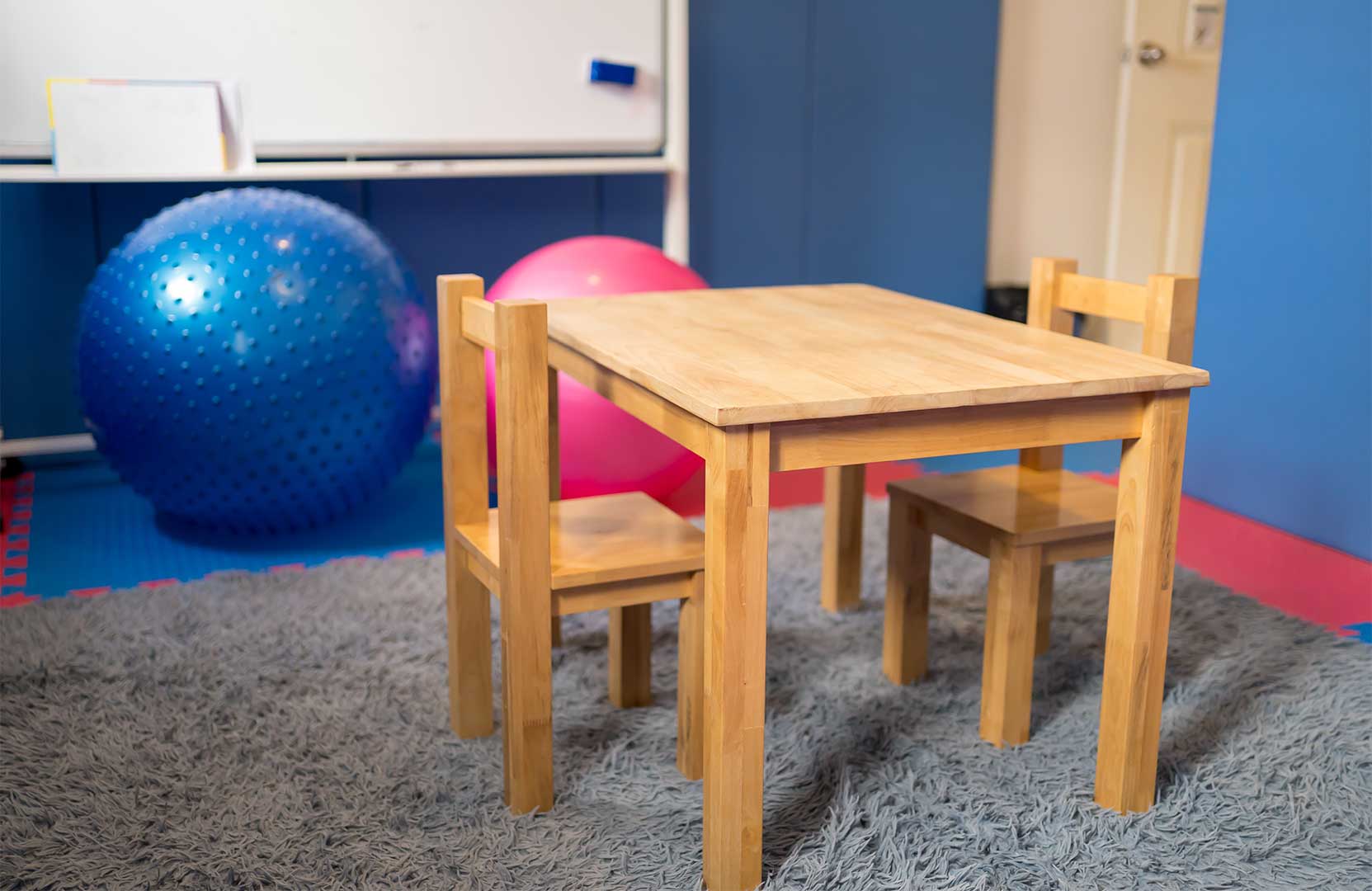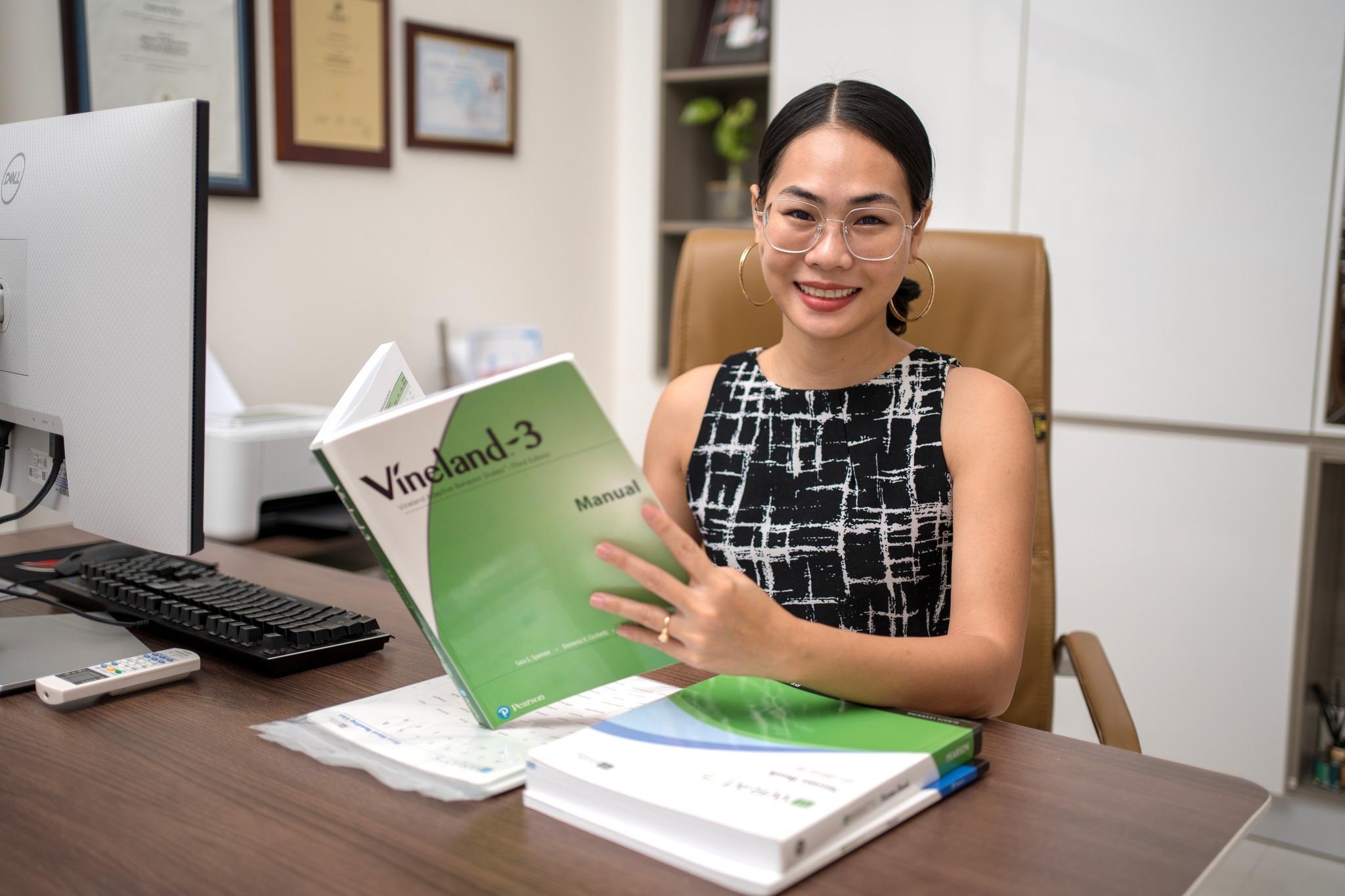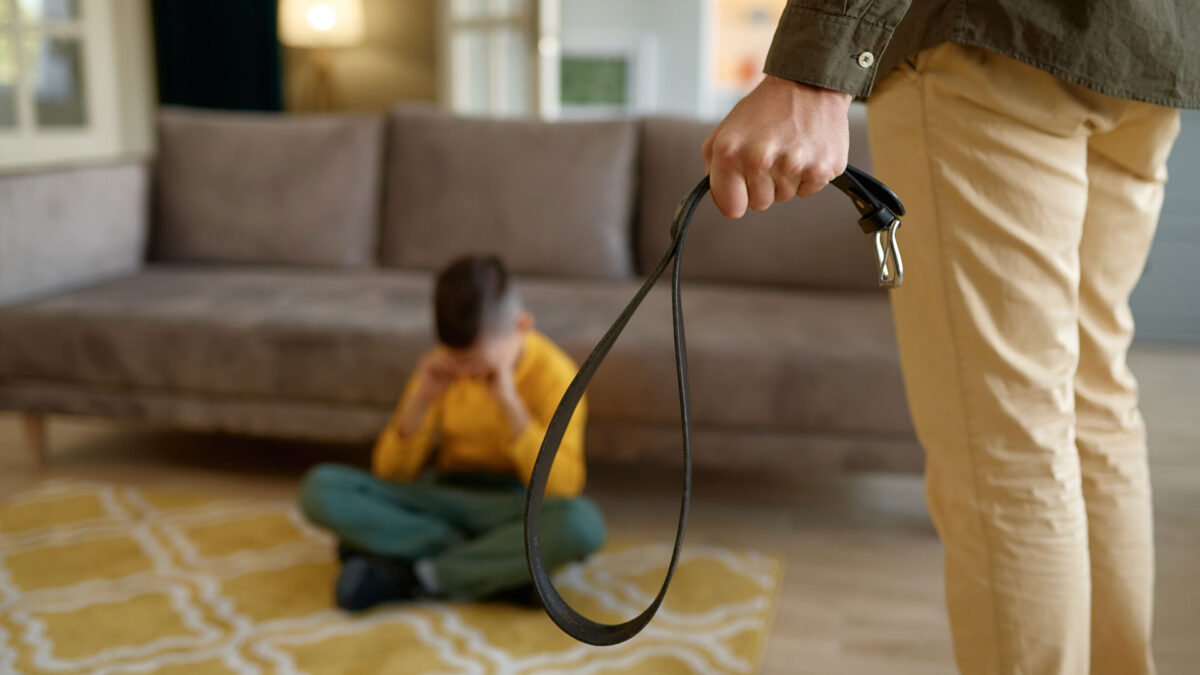Social-emotional learning (SEL) is the process through which children and adults develop the self-awareness, self-management, social awareness, relationship skills, and responsible decision-making skills they need to succeed in school, work, and life. SEL is essential for all students, but it is especially important for students with special needs.
Students with special needs may face unique challenges in developing social-emotional skills. For example, they may have difficulty identifying and managing their own emotions, understanding and responding to the emotions of others, and building and maintaining relationships. SEL can help students with special needs overcome these challenges and develop the skills they need to thrive in all areas of their lives.
Benefits of SEL for students with special needs
SEL has many benefits for students with special needs, including:
- Improved academic performance
- Reduced behavioral problems
- Increased self-confidence and self-esteem
- Stronger social relationships
- Better mental and physical health
- Increased success in school, work, and life
How to implement SEL for students with special needs
SEL can be implemented in a variety of ways in the classroom. Here are a few tips:
- Create a safe and supportive learning environment. Students need to feel safe and respected in order to learn and grow. Teachers can create a supportive learning environment by establishing clear expectations, modeling positive behavior, and responding to student needs in a timely and sensitive manner.
- Teach social-emotional skills explicitly. Many students with special needs will benefit from explicit instruction in social-emotional skills. Teachers can use a variety of teaching methods, such as direct instruction, role-playing, and social stories.
- Provide opportunities for students to practice their social-emotional skills. Students need to practice their social-emotional skills in order to learn and develop them. Teachers can provide students with opportunities to practice their skills in a variety of ways, such as through partner work, group work, and social activities.
- Collaborate with families and other professionals. SEL is most effective when it is implemented in a collaborative manner. Teachers can work with families and other professionals, such as school counselors and social workers, to develop and implement a comprehensive SEL plan for each student.
Here are some specific examples of SEL activities that can be adapted for students with special needs:
- Identifying emotions: Students can use mirrors, picture cards, or videos to practice identifying different emotions.
- Managing emotions: Students can learn different coping strategies for managing their emotions, such as deep breathing, relaxation techniques, and positive self-talk.
- Understanding others: Students can learn about different body language cues and facial expressions to better understand how others are feeling.
- Building relationships: Students can practice building relationships with their classmates through partner work, group work, and social activities.
- Making responsible decisions: Students can learn about the decision-making process and practice making responsible decisions in different situations.
SEL is an essential part of a well-rounded education for all students, but it is especially important for students with special needs. By implementing SEL in the classroom, teachers can help students with special needs develop the skills they need to succeed in school, work, and life.
Additional tips for supporting students with special needs in SEL
- Differentiate instruction. Consider the individual needs of each student when planning and implementing SEL activities. For example, some students may need more visual support, while others may need more physical activity.
- Provide accommodations and modifications. Some students may need accommodations or modifications to participate in SEL activities. For example, students with visual impairments may need to use large print or Braille materials.
- Use positive reinforcement. Encourage and praise students for their efforts and progress in SEL. This will help them stay motivated and engaged.
- Be patient and supportive. Learning social-emotional skills takes time and practice. Be patient with your students and offer them support along the way.
By following these tips, you can create a classroom environment where all students, including students with special needs, can thrive.
Find out if your child needs extra support today!
- My child screams hysterically
- My child is mean to other children
- My child is always worried
- My child is scared to go to school
- My child is scared of loud noises
- My child doesn’t know how to read
- My child is scared to play outside
- My child does not respond to his name
- My child always gets in trouble
- My child fights with other children
- My child doesn’t know how to count
If you are concerned about your child’s development, contact us for Assessments: Phone/Telegram: 077.455.993 – Telegram Link: https://t.me/OrbRom
If you are concerned about your child’s development, contact us for Assessments.
Phone/Telegram: 077.455.993 Link: https://t.me/OrbRom






Leave A Comment